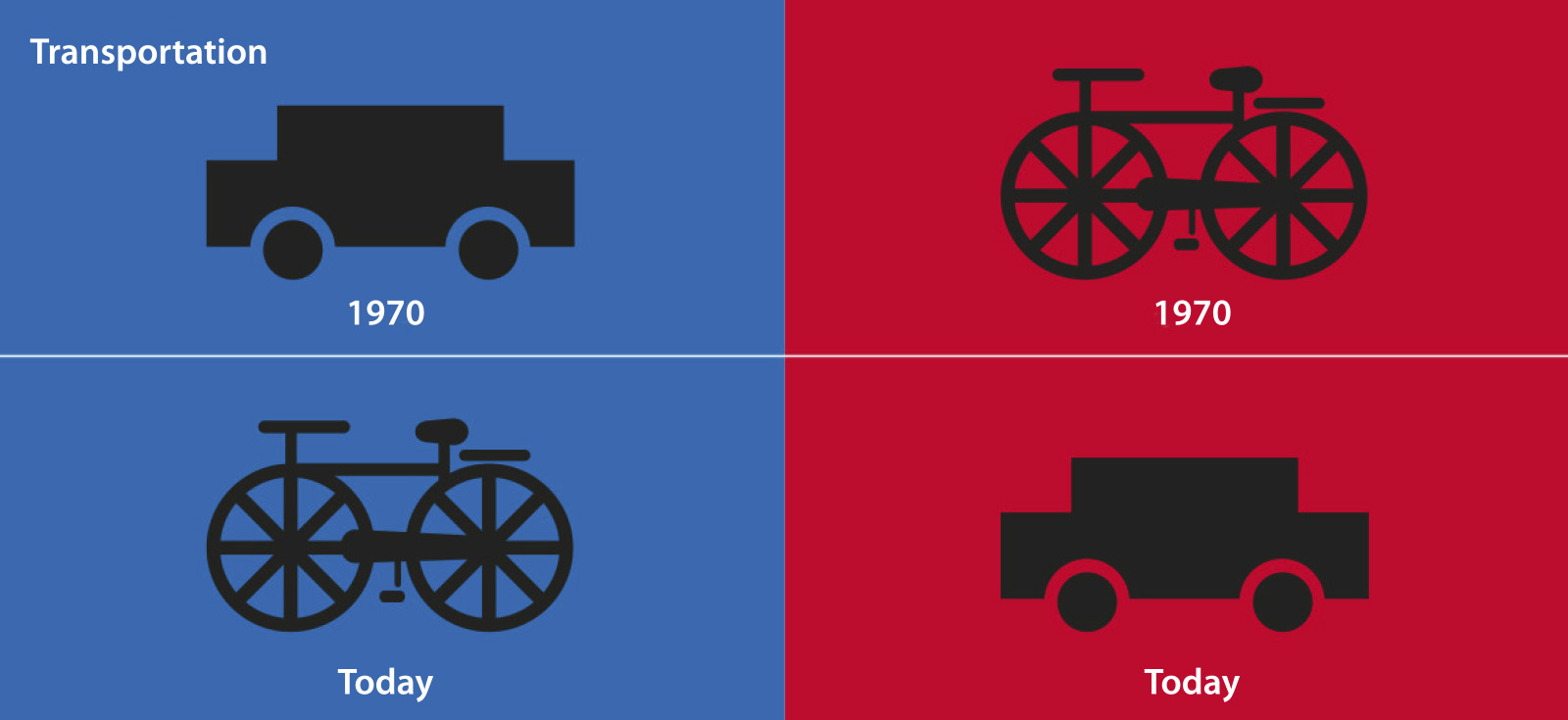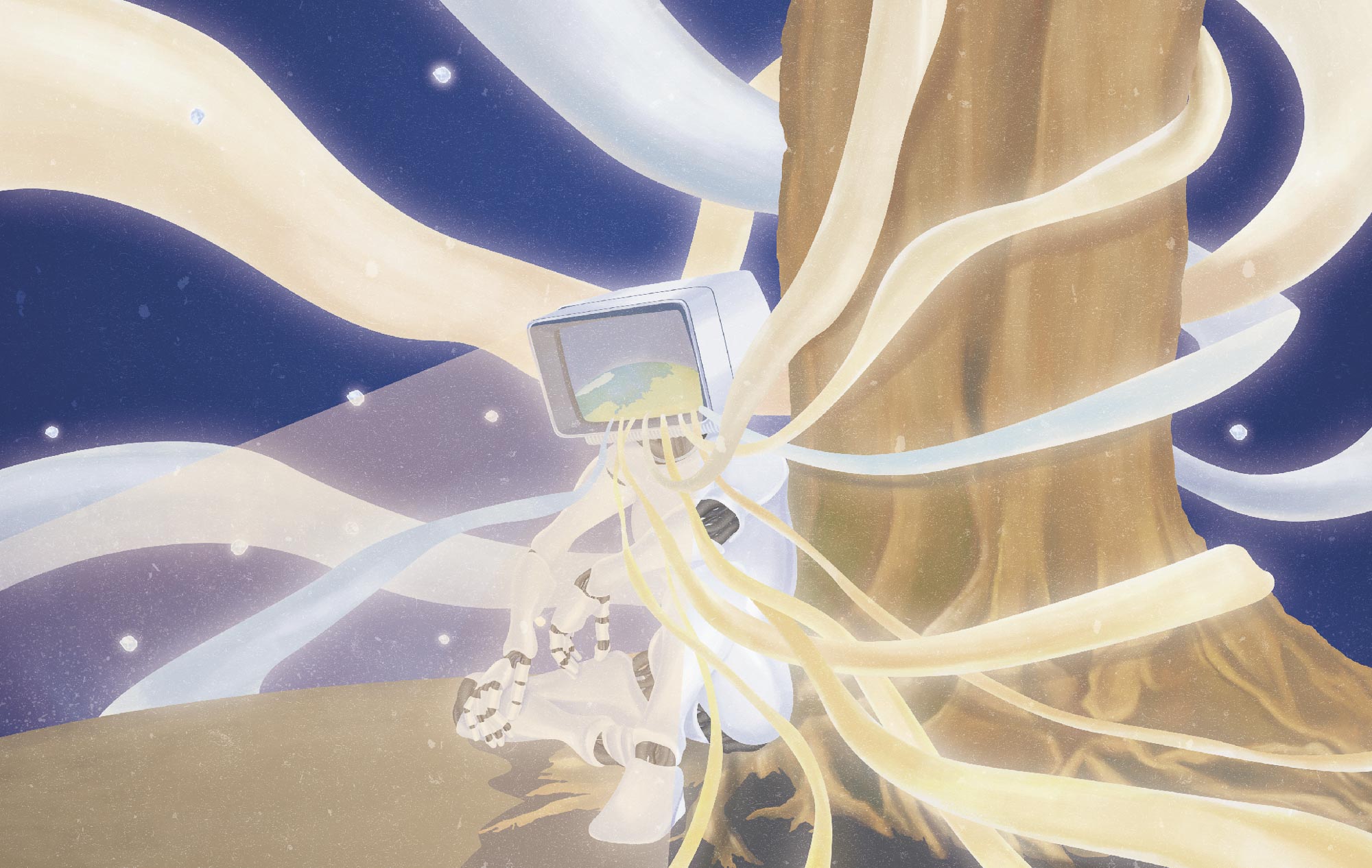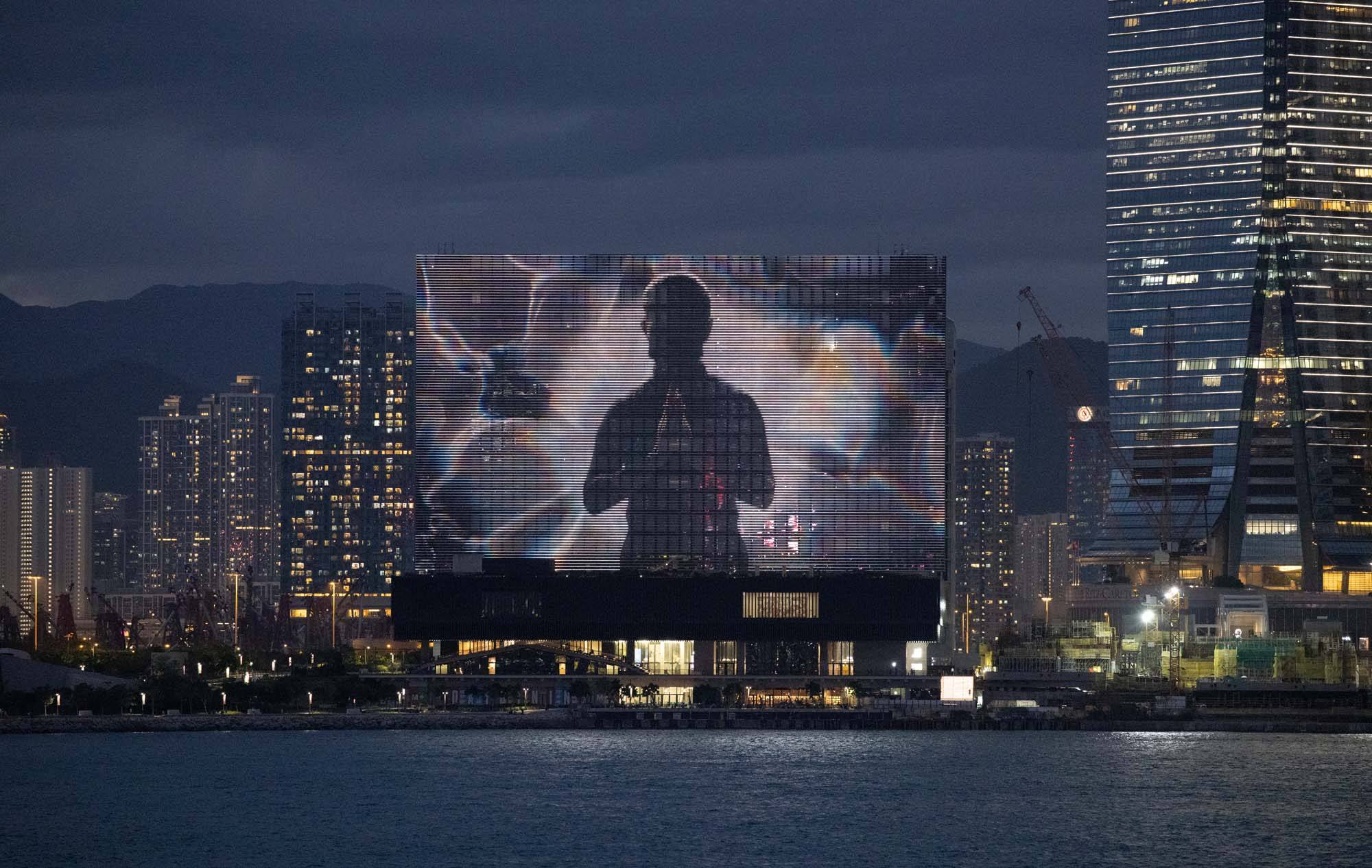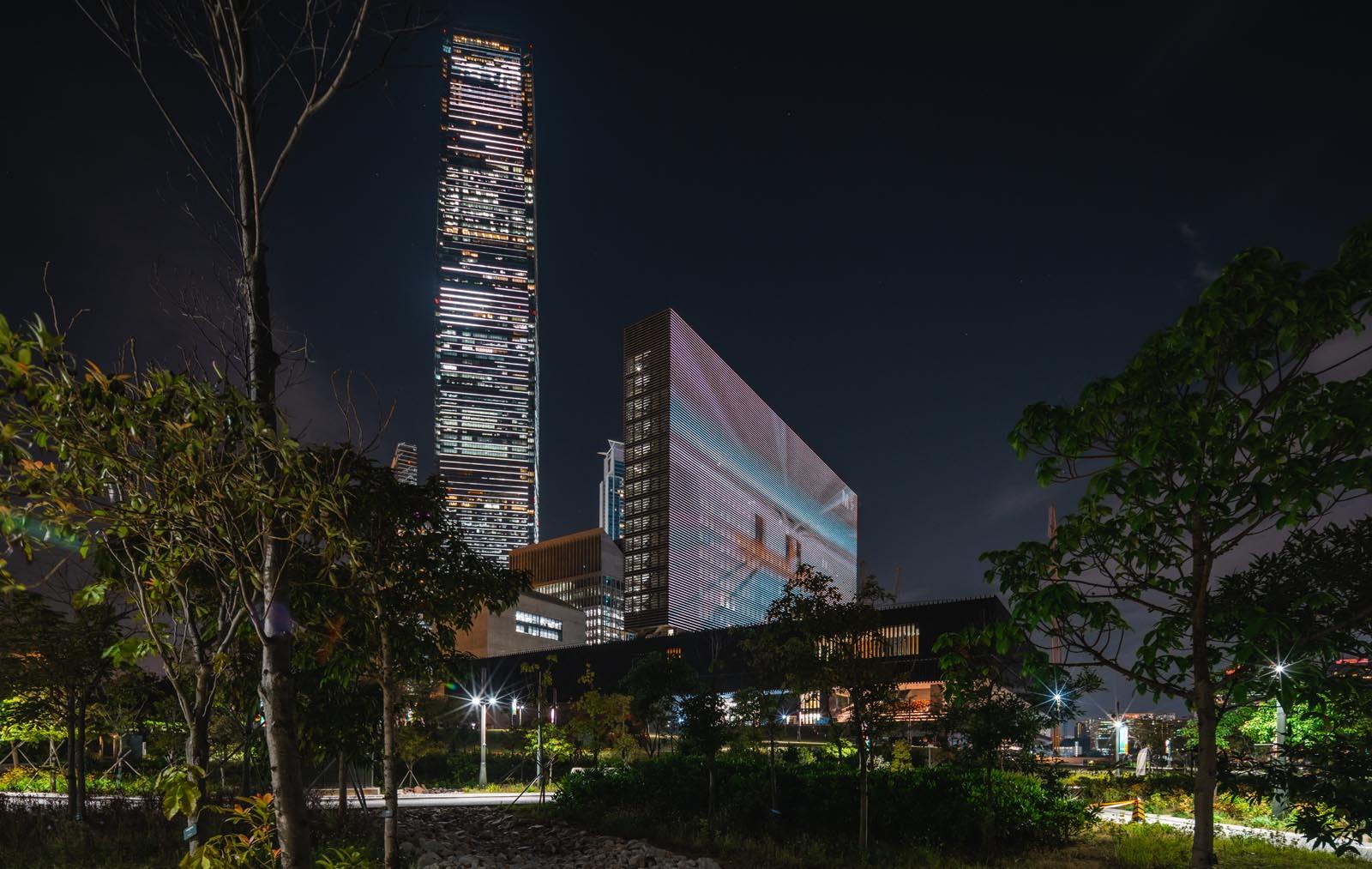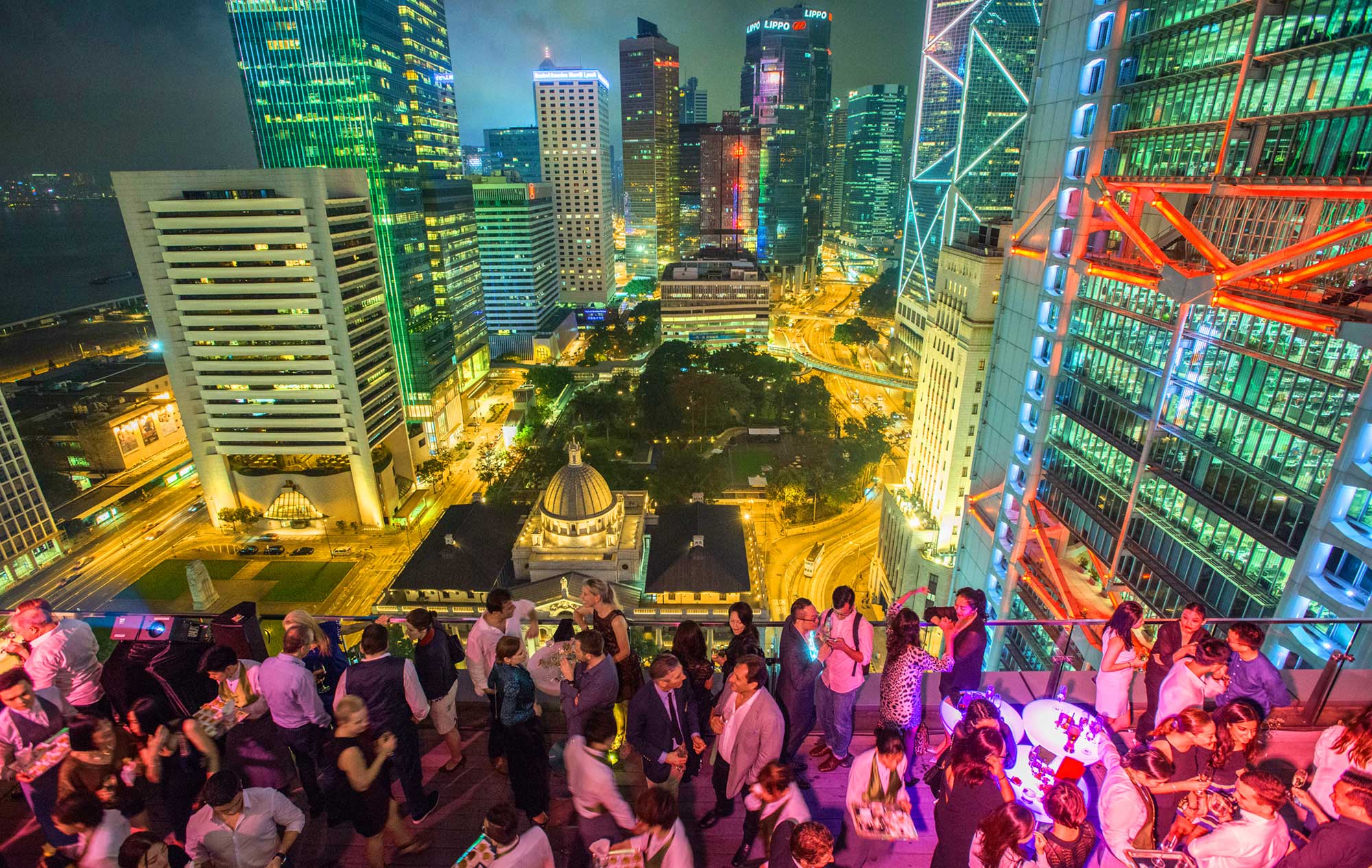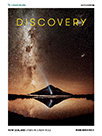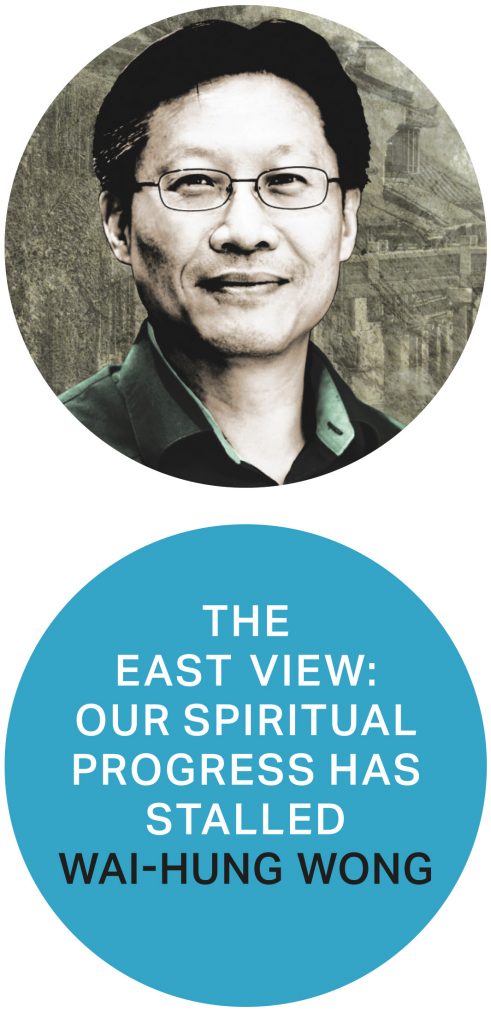
Last year, Google’s artificial intelligence program AlphaGo stunned the world by defeating world champion Lee Sedol in a game of Go, a strategic boardgame. Recently, its successor AlphaGo Zero has proven to be even more intelligent: after three days of training, it outwitted the previous version of AlphaGo by 100 games to none. In view of such formidable evolution, scholars like Stephen Hawking have expressed their concerns that artificial minds might eventually emulate human intelligence and threaten our very existence.
Taking this gloomy outlook and the threat of global warming into account, it seems justifiable to believe that what lies ahead of humanity is a dystopia, one that resembles the fictitious worlds of Blade Runner or Brave New World.
Advocates of human progress who still believe in a better world seek inspiration from the Enlightenment, an intellectual movement that dominated the West in the 18th century and laid the foundation for human rationality. For more than three centuries, what philosophers call ‘instrumental rationality’ – where the means are designed to suit carefully calculated ends – has introduced countless breakthroughs in different fields of knowledge.
However, while instrumental rationality has certainly improved the materialistic conditions of human life, it has failed to address the spiritual values underneath, including the meaning of existence – what we ought to pursue and the way
to achieve a meaningful life. As such, it is problematic to argue that the affluent world of our time is a ‘better’ place than before.
The clue is in the name: Enlightenment theorists wanted to expose old ways and customs in the glare of the new ways of thinking. In China, however, customary practices and ancient ideas that promoted social order and ethical values were greatly praised by thinkers such as Confucius. In The Analects of Confucius, he noted approvingly that the rites observed in the Zhou dynasty had ‘captured the essence of the two previous dynasties of Xia and Shang’.
Late Qing scholar Kang Youwei drew an optimistic lesson from the ethical teachings in ancient texts Spring and Autumn Annals and Book of Rites. His theory in The Book of Great Unity predicts a world, which evolves from chaos to a period of moderate prosperity, and then to great unity at last. Kang’s notion of evolution is essentially one that concerns moral, not materialistic, progress. The beliefs of ancestral exemplars continue to shine a light on ethical values that we should follow.
While the world has undoubtedly leapt forward in terms of knowledge, technology and material abundance, ethical and spiritual progress has slowed. The education system we have now in the East, which emphasises the training of instrumental rationality in the fields of Stem (science, technology, engineering and mathematics) instead of humanities, only aggravates the situation.
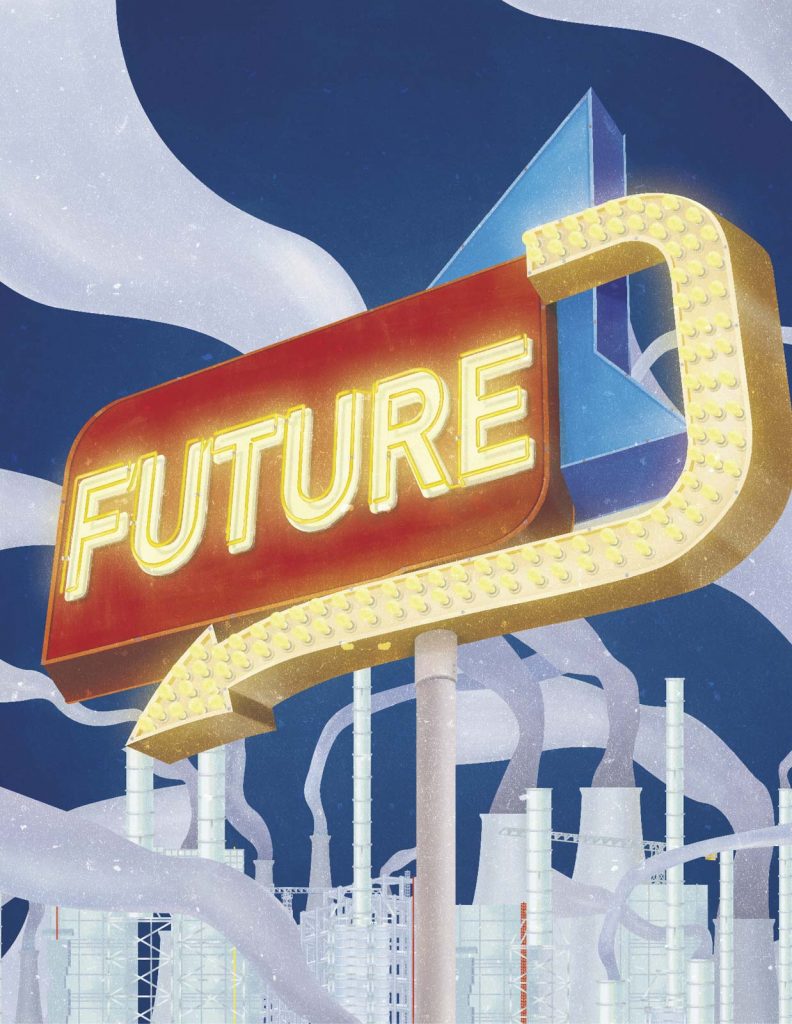
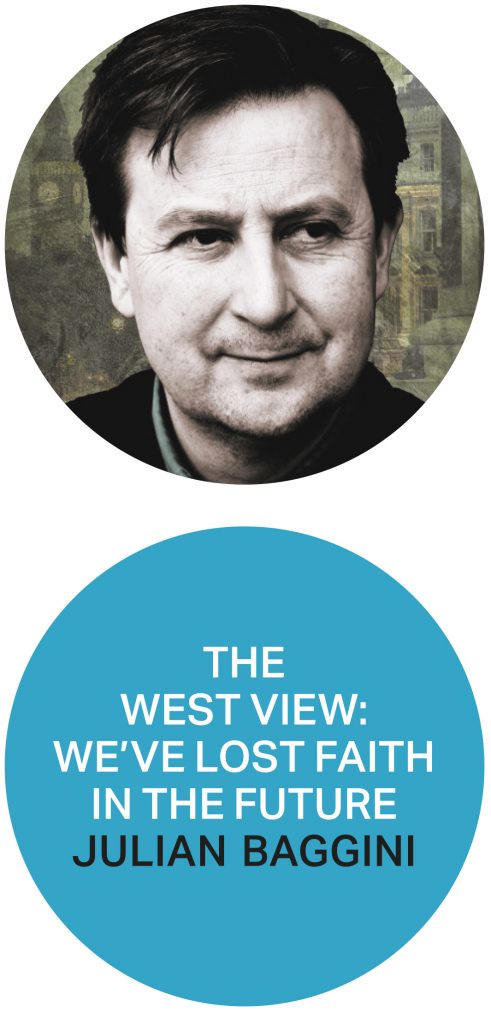
The Future is a Western concept. Of course, all around the world people have a sense of tense, remembering the past and planning for the future. In the West, however, the Future merits a capital F. It is the destiny of humankind, the better place to which we are all heading. The Future doesn’t simply follow the past, it gives it meaning.
This is not how time has generally been conceived in most other parts of the world. Most civilisations, including the Mayans, Incans and Hopi, have viewed time as cyclical. ‘Day and night revolve as on a wheel,’ as the classical Indian text the Rig Veda puts it. It is natural to see time as cyclical because almost everything else in life is, too: the movements of the stars, the turning of the seasons, the endless cycles of life and death. In this worldview, the future is the
past and what we look forward to is a return to an earlier, purer state, usually a kind of oneness with nature or the divine.
In the West, however, the dominant conception of time is linear. There is no going back: the only way is forwards. The Golden Age, which for many cultures is always located in the past, is yet to come.
The origins of this way of thinking are almost certainly Christian. In Judaism, the job of the Messiah was to return the chosen people to the Promised Land. In Christianity, the return of the Messiah would bring a New Jerusalem. Salvation was no longer a restoration of an earlier order but the creation of a new one.
Two millennia of Christian domination of culture have ingrained this way of thinking in secular philosophy, too. As Wai-hung observes, the European Enlightenment embraced secular reason over sacred revelation. However, it continued the Christian narrative of progress towards a better future. Instead of salvation through faith in a life to come, it advocated salvation through rationality here on Earth.
The 20th century rudely challenged this optimistic narrative. ‘Progress’, it seemed, had first brought misery for millions working in dangerous, soul-destroying factories, and then annihilation in two world wars, the last of which was ended by the explosion of two atomic bombs.
Disillusion with modernity led many to dig up the Enlightenment soil in which it had grown. Most famously, Max Horkheimer and Theodor W Adorno argued that the Enlightenment itself ‘culminates in fascism’. Faith in human reason, science and progress led to the mechanisation and dehumanisation of society. The dignity of the individual was swept away by abstract ideals.
This is an extreme view, but there can be little doubt that belief in progress has significantly declined. Now the future is more often anticipated as dystopian than utopian. Science fiction portrayals of the future like Blade Runner show a dysfunctional, dark, violent society at best, a post-apocalyptic scene of desolation at worst. This pessimism now seems so natural that I have hesitated to see the highly acclaimed Blade Runner 2049, much as I loved its predecessor. I have been infected by the idea that sequels are never as good as originals, a symptom of the way in which even popular culture has become more enthusiastic about the past than the future.
The problem for the West is that loss of faith in the future leaves it with nowhere else to go. Nostalgia has its limits. We have lived the narrative of progress so long that we cannot believe that any period of history provides a model of a better alternative to today. The result is a kind of cultural malaise in which there is an expectation that our best days are behind us but we have no hope of returning to them. This fuels gloomy predictions of the decline of Europe, the rise of China and India, and with these the decline of Western civilisation.
The cure for this malady of the soul is a return to the Enlightenment, not a retreat from it. The idea that Western modernity entails blind faith in progress was not one held by the best Enlightenment thinkers. As the historian Jonathan Israel says, ideas of progress ‘were usually tempered by a strong streak of pessimism, a sense of the dangers and challenges to which the human condition is subject’.
The Western mind went astray when it became too convinced it already had all the knowledge and wisdom it needed, and so a better world was an inevitability. It needs to recover belief in the possibility of progress alongside a recognition that it can only become actuality with physical and intellectual effort. To do this, the West needs to stop seeing Asia and India as a threat and see how their progress is also that of humanity as a whole.

East meets west
By Yang Liu
